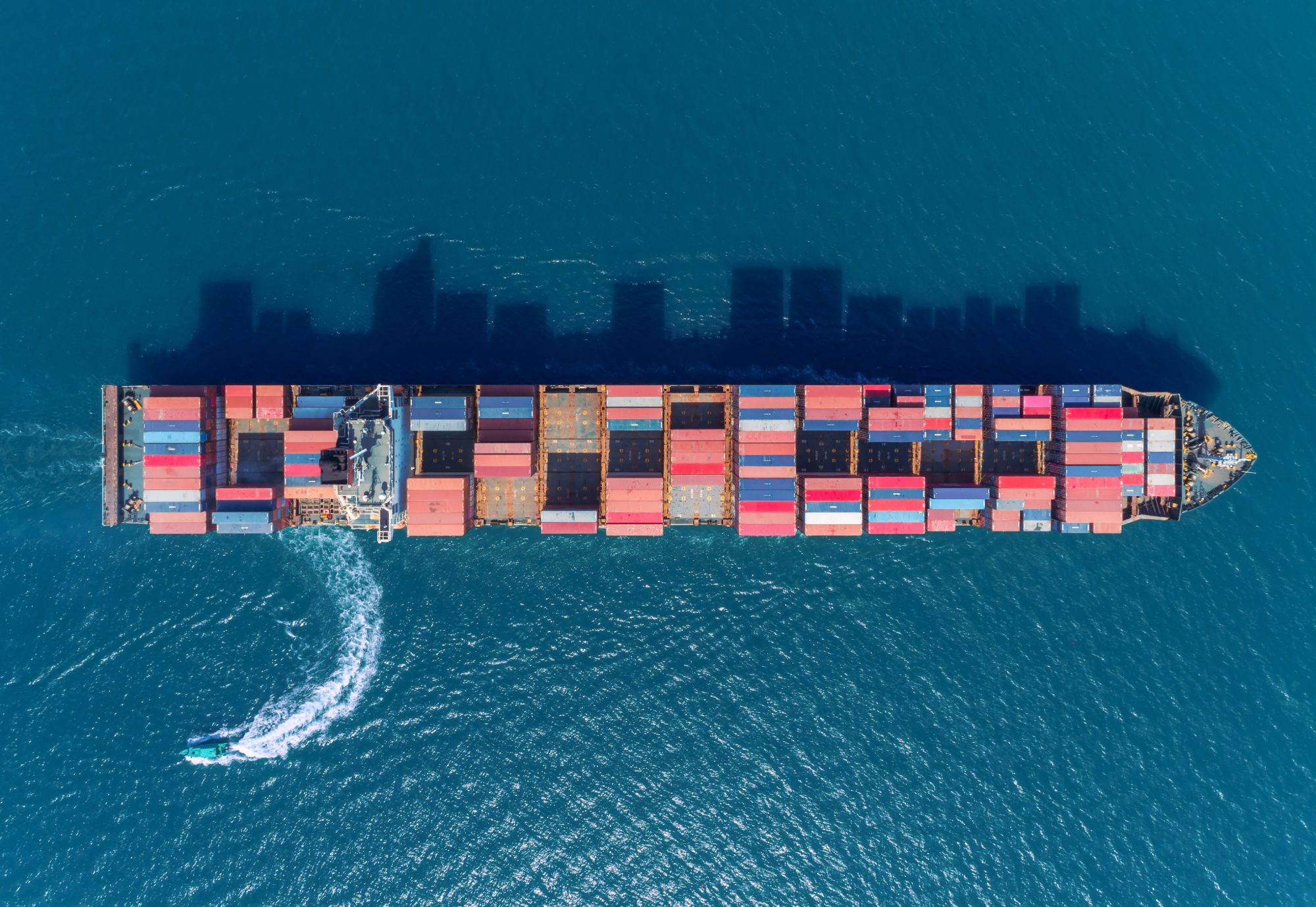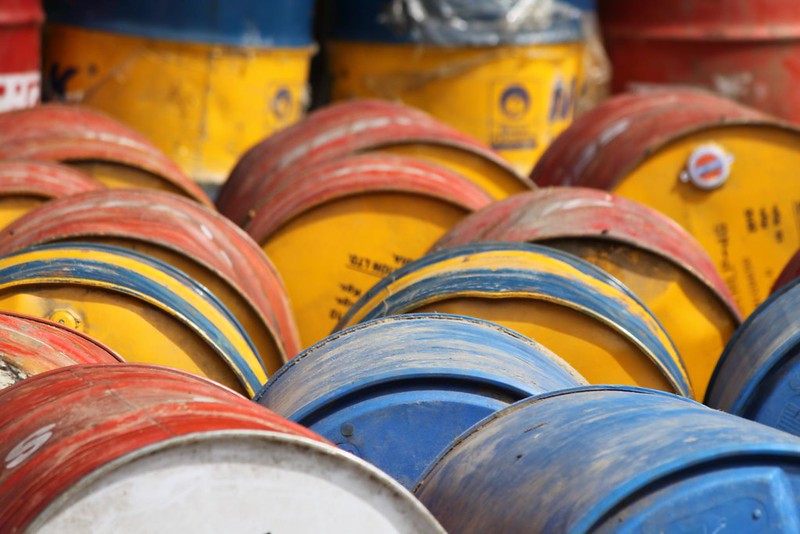In today’s New York Times, Alex de Waal argues that, famine “leaves behind a bitter legacy, and a long trail of rancor. If mass starvation takes hold in Yemen, expect an even more deeply divided country. Expect radicalization. Expect an exodus across the Arabian Peninsula and up the Red Sea, toward the Mediterranean Sea and Europe. Expect to see the ugly and perilous repercussions of this harrowing experience for years to come.”
————–
Last-ditch diplomatic efforts could not stop the Saudi Arabian and Emirati coalition’s offensive on the Yemeni port city of Al Hudaydah this week. With no real prospect for peace talks of any kind, the city, a fief of the Houthi rebels who control much of the country and a hub for humanitarian assistance for millions of desperate Yemeni civilians, could fall within days.
If the offensive goes according to the Saudis’ and Emiratis’ plan, promptly after that, the Houthis, who also control the capital Sana, will sue for peace. The maritime blockade in place since 2015 could then be lifted. After that, a vast humanitarian operation could unfold, saving Yemen from a devastating famine.
But nothing in this war has gone according plan so far, and the risks of mass starvation are greater than ever, even if Al Hudaydah falls fast.
And yet the United Nations Security Council has not seized on the emergency, and in my conversations with diplomats in New York on Wednesday, that passivity was laced with cynicism: If the Yemenis could survive the hardships of the past few years of war, some were saying, they would be fine for a bit longer.
Just over three years ago, Mohammed bin Salman, the crown prince of Saudi Arabia, responded to the Houthi rebels’ sudden takeover of Sana by ordering an armed intervention to support the official government, which had retreated to the coastal city of Aden. The Houthis are an Islamist revivalist movement with a strong base in northern Yemen and ties to Iran.
Saudi airplanes alone have flown more than 100,000 combat missionssince then. The United Arab Emirates has joined in, with fighter jets and special forces, overseeing the enforcement of a blockade along the coast. Various Yemeni militias, together with some 7,000 Sudanese paramilitaries, have staged ground attacks. But the Houthi army — about 100,000 fighters strong — has hung on, fighting tenaciously and escalating the conflict by firing ballistic missiles deep into Saudi Arabia.
Yemen was poor and vulnerable before the war: It depended on imports for 80 percent of basic grains and suffered severe water shortages. Today, three-quarters of the country’s 28 million people suffer food insecurity, including 8.4 million who are wholly dependent on food aid to survive. Some 50,000 children died of hunger and related causes last year alone, according to the humanitarian group Save the Children. One million people have cholera — the world’s largest such epidemic in a half-century.
What will happen to all of them if Al Hudaydah falls?
Why assume that the Houthis, even after losing this strategic post, would surrender or seek some settlement? In fact, some Yemenis have drawn comparisons to Syria to predict that Al Hudaydah will become “Yemen’s Aleppo”: the site of protracted street-to-street fighting under a siege.
If the coalition captures the city, it could indeed reopen the port for humanitarian and commercial shipments. But to reach the great majority of starving Yemenis, food would still have to cross the front line. And that’s to say nothing of the lasting impediments caused by the extensive damage to civilian infrastructure: At least one-third of the coalition’s air attacks have struck roads, bridges, irrigation dams, hospitals and clinics, markets and fishing boats.
Saudi and Emirati strategists may not be intending to starve the Yemeni people into submission. But in practice, if not motive, hunger has become a weapon in this war. On May 24, the United Nations Security Council passed Resolution 2417, condemning starvation of civilians as a method of warfare. The resolution didn’t name names, but its first test is Yemen.
And Yemen is America’s war, too. The United States is a longstanding ally of Saudi Arabia, and it has become more so since President Trump repudiated the Iran nuclear deal. Even before the State Department approved a new major arms deal earlier this year, Saudi Arabia — the world’s second-largest importer of weapons — was buying more than 60 percent of its arms from the United States. Other Persian Gulf states are major buyers, too.
Defense Secretary Jim Mattis has argued that the use of precision weapons and the advice of American military advisers are reducing civilian casualties from the Saudi-Emirati coalition’s bombing raids. But even if an air attack doesn’t directly cause bloodshed, the damage it inflicts on the economy and essential services can kill many more people over time, through famine and disease.
Nikki Haley, America’s ambassador to the United Nations, has condemned, rightly, the Syrian government for starving its own people. But it’s easy to call out villains like President Bashar al-Assad. It’s harder to call out one’s allies — though that may be more effective, and therefore more important.
The United States could exert real influence on the Saudi and Emirati forces. It could halt the in-flight refueling of the coalition’s aircraft. It could withdraw American military advisers from Saudi command centers in Riyadh. Above all, it could stop its sales of American weaponry.
But the Trump administration has lifted Obama-era restrictions on arms transfers to Saudi Arabia, and on Monday, Secretary of State Mike Pompeo refused to call on the coalition not to attack Al Hudaydah, saying only that he had “made clear our desire to address” the Emiratis’ security concerns while “preserving the free flow of humanitarian aid and lifesaving commercial imports.”
This posture is unlikely to change, of course. But once again, the United States — as well as other Western countries — faces a choice between being complicit in an unfolding calamity or stepping in to try to stop it. There would be trade-offs to putting pressure on the Saudis and the Emiratis, and no guarantee that it would work. But the ethical case for getting involved needs to be made.
So does the strategic case.
Famine isn’t just about masses of people going hungry; famine tears societies apart. It means mass exodus caused by desperation. It means humiliation and collective trauma. Some people profit from the misery of others, hiking food prices or buying land at fire-sale prices. Those who pay the price — and their children and then those children’s children — can only resent the opportunists for their plight. Not to mention the aggressors.
As the British learned in Ireland in the mid-19th century, and the Soviets in Ukraine in the 1930s, starving people is a dangerous and loaded strategy: It leaves behind a bitter legacy, and a long trail of rancor.
If mass starvation takes hold in Yemen, expect an even more deeply divided country. Expect radicalization. Expect an exodus across the Arabian Peninsula and up the Red Sea, toward the Mediterranean Sea and Europe. Expect to see the ugly and perilous repercussions of this harrowing experience for years to come.
Alex de Waal is the executive director of the World Peace Foundation at Tufts University.


